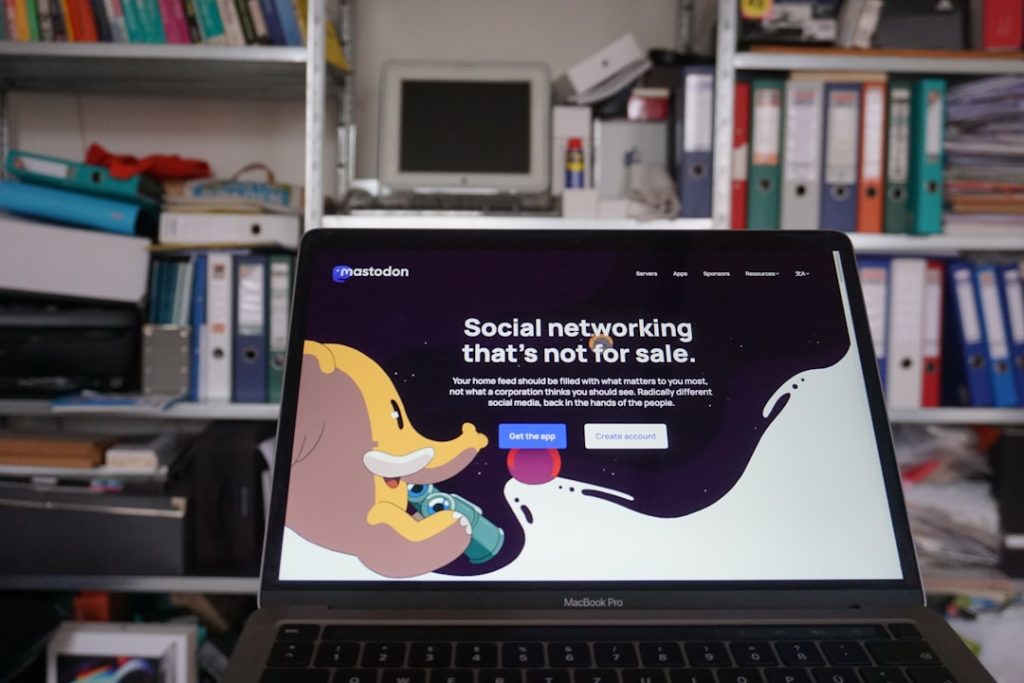So, you’re launching a startup and need to get the word out. You’re probably wondering: Which digital marketing channel will give me the most bang for my buck?
The truth? There’s no one-size-fits-all answer. The “best” channel depends on your specific business, target audience, and budget. But let’s break down some top contenders to help you make an informed decision.
Content Marketing: The Long Game
What it is: Creating and sharing valuable, relevant, and consistent content to attract and engage a target audience. This includes blog posts, articles, videos, infographics, and more.
Why it’s good for startups: Content marketing is a marathon, not a sprint, but it can establish you as an authority in your industry, build trust with potential customers, and drive organic traffic to your website. It’s also relatively cost-effective compared to paid advertising.
Things to consider: It takes time and consistent effort to see results. You need to be patient and committed to creating high-quality content that your audience will actually find helpful.
Social Media Marketing: Building a Community
What it is: Using social media platforms like Facebook, Instagram, Twitter, and LinkedIn to connect with your target audience, build brand awareness, and drive traffic to your website.
Why it’s good for startups: Social media allows you to directly engage with your customers, build a community around your brand, and run targeted advertising campaigns. It’s also a great way to get immediate feedback on your products or services.
Things to consider: Social media can be time-consuming. You need to create engaging content, respond to comments and messages, and stay up-to-date on the latest trends. It’s also important to choose the right platform for your target audience. For example, if you’re targeting businesses, LinkedIn might be a better choice than TikTok.
Email Marketing: Direct Connection
What it is: Building an email list and sending targeted messages to subscribers. This includes newsletters, promotional offers, product updates, and more.
Why it’s good for startups: Email marketing allows you to directly connect with your customers and nurture them along the sales funnel. It’s also a great way to drive repeat business and build customer loyalty. Studies show that email marketing has a high ROI compared to other marketing channels.
Things to consider: You need to build an email list organically. Buying email lists is a bad idea and can damage your reputation. It’s also important to segment your list and send targeted messages based on your subscribers’ interests and behavior.
Search Engine Optimization (SEO): Getting Found
What it is: Optimizing your website and content to rank higher in search engine results pages (SERPs) for relevant keywords.
Why it’s good for startups: SEO can drive organic traffic to your website, which is free and sustainable. When people search for products or services like yours, you want your website to be one of the first results they see.
Things to consider: SEO takes time and effort. You need to understand how search engines work and optimize your website accordingly. It’s also important to stay up-to-date on the latest SEO best practices.
Paid Advertising (PPC): Quick Results
What it is: Paying for ads on search engines (like Google Ads) or social media platforms (like Facebook Ads) to reach a wider audience.
Why it’s good for startups: PPC can drive immediate traffic to your website and generate leads quickly. It’s also a great way to test different marketing messages and target specific demographics.
Things to consider: PPC can be expensive. You need to carefully manage your budget and optimize your campaigns to ensure you’re getting a good return on investment. It’s also important to track your results and make adjustments as needed.
A Blended Approach is Often Best
Instead of focusing on just one channel, consider using a combination of channels to reach your target audience. For example, you could use content marketing to drive organic traffic to your website, social media to build brand awareness, and email marketing to nurture leads.
Key Questions to Ask Yourself
- Who is your target audience? Where do they spend their time online?
- What are your goals? Do you want to generate leads, drive sales, or build brand awareness?
- What is your budget? How much money can you afford to spend on marketing?
- What are your resources? Do you have the time and expertise to manage your own marketing campaigns, or will you need to hire help?
By answering these questions, you can narrow down your options and choose the digital marketing channels that are most likely to be successful for your startup. Don’t be afraid to experiment and track your results. The best way to find out what works is to try different things and see what gets you the best results.
Starting a business is exciting. By strategically picking the right avenues to connect with your audience, your startup can gain real traction. Remember that consistency is key!
